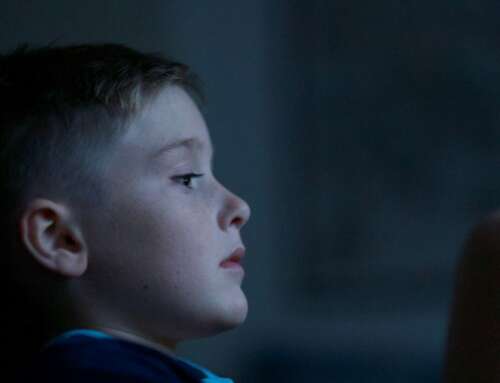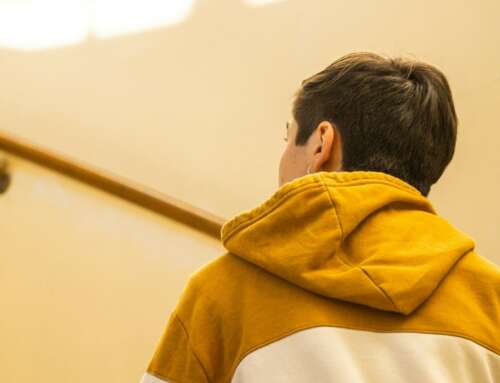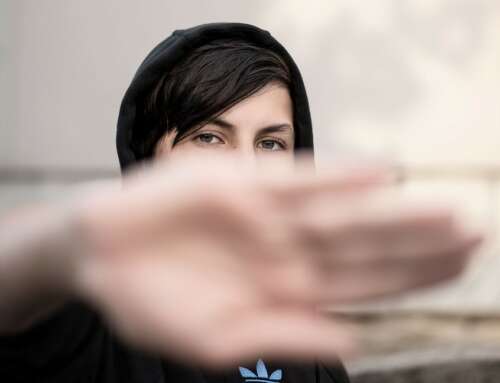Living with Tourette’s isn’t easy for sufferers or their families – mostly because of the way people react to sudden outbursts of swearing or strange sounds and movements.
But there’s one place, once a year, where they can feel free.
“It’s just good to be around other people who understand,” said Jack Van Hees in between twitches, grimaces and whistles. “There’s no-one watching, you can be who you are and just let it all out, you know.”
The 16-year-old is one of 200 people who travelled to the NSW Central Coast to join the biggest ever gathering in Australia of people with Tourette Syndrome.
Larissa Gardner went with her 9-year-old daughter, Charlotte.
“It’s the one space that we’ve got where she feels like she belongs,” Larissa said. “She doesn’t feel like she belongs anywhere but here.”
“I like it when other people are not picking on me,” Charlotte said. “Mostly everybody here has Tourette’s and they know how it feels. So they won’t pick on me and won’t stare at me, cause I don’t like to be picked on and stared at.”
Tourette’s is a neurological disorder with no cure that can be managed with a combination of medication, therapy and relaxation techniques.
Tourette Syndrome Association of Australia runs the camps and president Robyn Latimer said the disease is more common than people think.
“It’s essentially caused by an excess of a particular neurone chemical and brain chemicals and they jump what’s called synapses in the brain that are the blockers,” Ms Latimer said.
“Essentially the stop signs of the brain don’t function.
“The prevalence rate is 1 per cent of the population and that’s just diagnosed,” she said.
– Geoff Thompson
Read more: Tourette’s Sufferers Accepted at Camp
Image by Morgan Basham from Unsplash







Leave A Comment